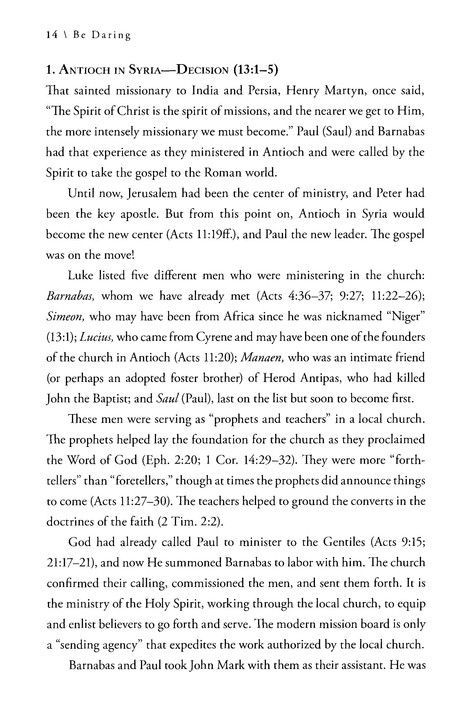Acts 26 Sermon Series
What Does the Old Testament Really Teach?
What does the Old Testament really teach? The first portion of the Bible we know as the Old Testament is full of history, narrative, poems, prophecy, and laws. Many OT passages are confusing, and it is difficult to see its relevance for our lives in 2024.
However, 2 Timothy 3:16-17 reminds us...
If all of the Bible is beneficial for us, then it is imperative that we read and understand it properly. This is no easy task, for even the first century Jews wrestled with understanding what the Old Testament taught. This was the question before the court during the Apostle Paul’s defense in Acts 24-26. For Paul, the correct interpretation was a matter of life and death.
Over the past few weeks our study through Acts has highlighted the reality of persecution against Christians and the how to prepare for it. Throughout these chapters Paul gets several opportunities to explain the Gospel and defend his message. Acts 26 details his defense in front of King Agrippa II. In verse 3 Paul makes it clear the crux of the argument revolves around the proper understanding of the Hebrew Scriptures (Old Testament). Throughout his defense he argues that the Gospel of Jesus Christ is consistent with and the fulfillment of the Old Testament.
I will cover Acts 26 through 3 individual sermons, but all three of these sermons contribute to answering the question concerning what the Old Testament really teaches. In these sermons we will focus on the reality and relevance of these Old Testament promises for us today. I encourage you to prayerfully read through the passages in preparation for worship on these Sundays.



